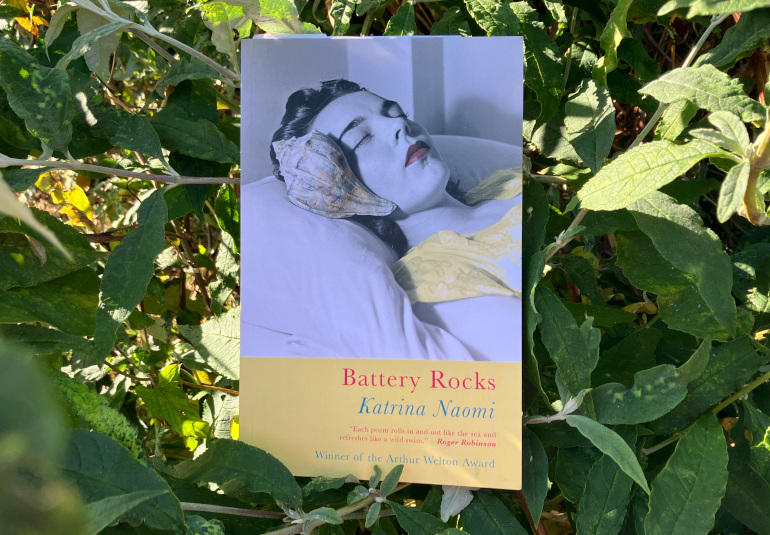 In this impressively immersive collection, the sea is a force to be reckoned with like a tempestuous lover who will as soon cradle you in her arms as dash you against the closest rocks. Poet Katrina Naomi sets this theme from the first line of Fickle Lover: “Ours is not a relationship of equals.” and later: “You are always on display.” Not only a lover, then, but an unpredictable, narcissistic lover who will always, always put their own needs before yours, because yours barely surface in their awareness, if at all.
In this impressively immersive collection, the sea is a force to be reckoned with like a tempestuous lover who will as soon cradle you in her arms as dash you against the closest rocks. Poet Katrina Naomi sets this theme from the first line of Fickle Lover: “Ours is not a relationship of equals.” and later: “You are always on display.” Not only a lover, then, but an unpredictable, narcissistic lover who will always, always put their own needs before yours, because yours barely surface in their awareness, if at all.
And yet, in Naomi’s language, this is not only acceptable, but alluring.
Plaiting in Cornish terms such as ‘An mor’ – the sea – and ‘byrla’ – embrace – Naomi Makes us revel in the otherworldliness of this element that brings us deadly hydrozans as gifts and washes us in “her shouty body.”
In I know you as, she asks the sea “Tell me/ what is your safe word?/ You never listen to mine.”
The beauty of feeling at home in the water, even as it threatens our steadiness, is palpable, not least in Thoughts Over Hot Chocolate: “some say we were once all fish/ beyond the land a sense of belonging”.
Throughout the visceral poems, the sea has personality and moods that pay into her unpredictability, with the poet alternatively being caressed by calm silky water and battling with waves. Human variance that shows up on the lines is far darker, however, in the poems i.m. of Sarah Everard (“With each stroke I strike the water / thankful for my strength that night”) and Tattoo: for Kim Moore.
Several of the poems play with form, jostling in landscape rather than portrait format to take up the length of the page and cajoling you to turn the book on its side. It’s a practical move that jolts you out of passive reading and requires you to act, while bringing to mind tipping and spilling.
The poem The Sea Speaks, written from the viewpoint of the sea, is utterly entrancing. This is the ocean as colluder, but only in the sense a cat welcomes belly rubs, until the moment it bores of attention and bites.
But the true threats, Katrina suggests, are those on land where we feel safe and therefore less guarded. In Cormorant, the poet mentions risks taken and luck that prevailed – a train crossing where “I moseyed across/ the metal lines” and narrowly missed becoming mincemeat, “the drink I left on the bar, (…) the knife my attacker forgot to carry.”
The whole world, she warns, is full of danger – at least the sea is honest.
Even in these dire musings, Katrina reminds us of beauty, telling us of the cormorant’s “dark whoosh of feathers” and how “The fleet of its wings has me shiver”.
There’s humour in the collection too, as in Mordrik (a gorgeous Cornish word meaning low tide), where “Starfish strand/ before/ dangling/ from a gull’s beak/ a late breakfast/ of legs.”
This poem’s stanzas are scattered across the page in a visual representation of a sea-shorn shore.
Morning, Far West is a prose poem worth murmuring aloud to yourself to bolster yourself full of promise and hope.
Naomi chooses not to use full stops in her more traditional poems, as though reminding us no thought can ever be complete, while we breathe.
In all, this collection is a marvel and a solace, bearing memories of sea and evocations of the sense of peace that comes with embracing the wild. It’s a wonder to dip into daily and savour before setting aside, still licking the salt from your lips.
This book was given to me in exchange for a fair review.
Battery Rocks by Katrina Naomi is published by Seren Books and available to buy here.

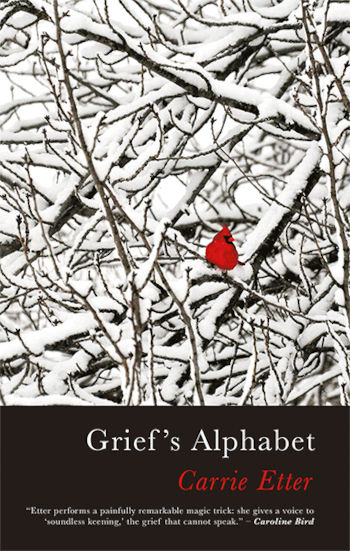 Pinning the memories of several lifetimes to the page and shining up the gut-punch moments that really sum up key relationships is no mean feat, but poet Carrie Etter achieves it with apparent ease. From Birthday as Adoption Day to the soaring hopefulness of Reincarnation as Seed, the poems tug and pull at you like rough weather or the tumble of a hectic family. It makes the passages of stillness even more powerful, as Etter pulls back her arrow and lets it fly to strike with exquisite accuracy into your heart.
Pinning the memories of several lifetimes to the page and shining up the gut-punch moments that really sum up key relationships is no mean feat, but poet Carrie Etter achieves it with apparent ease. From Birthday as Adoption Day to the soaring hopefulness of Reincarnation as Seed, the poems tug and pull at you like rough weather or the tumble of a hectic family. It makes the passages of stillness even more powerful, as Etter pulls back her arrow and lets it fly to strike with exquisite accuracy into your heart.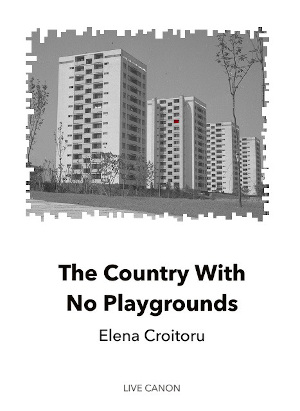
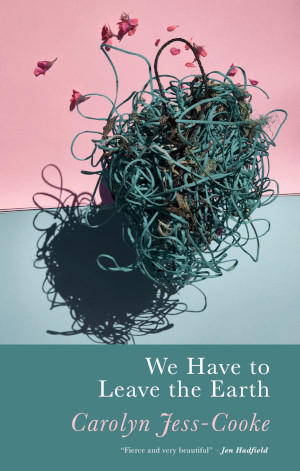
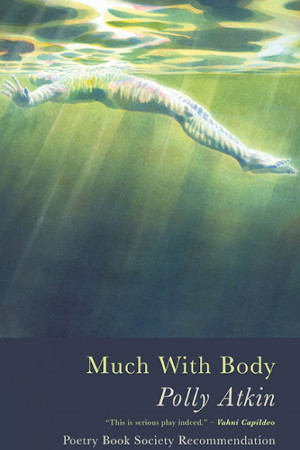
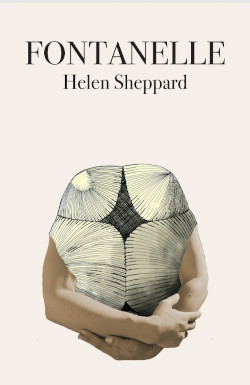
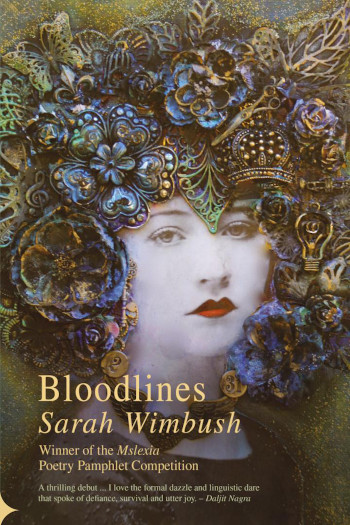 Sarah Wimbush won the
Sarah Wimbush won the 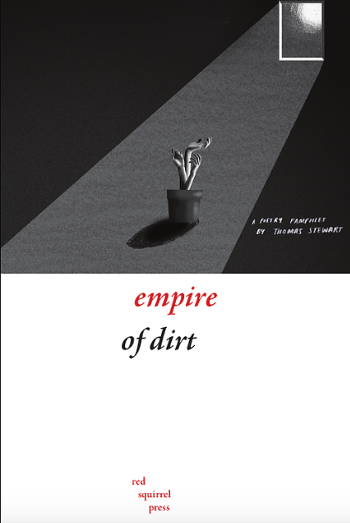 The poems in Thomas Stewart’s debut pamphlet
The poems in Thomas Stewart’s debut pamphlet 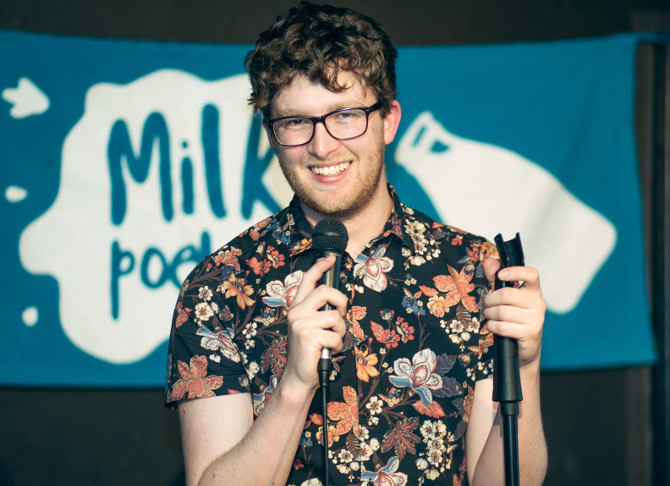 Unfolding in
Unfolding in 
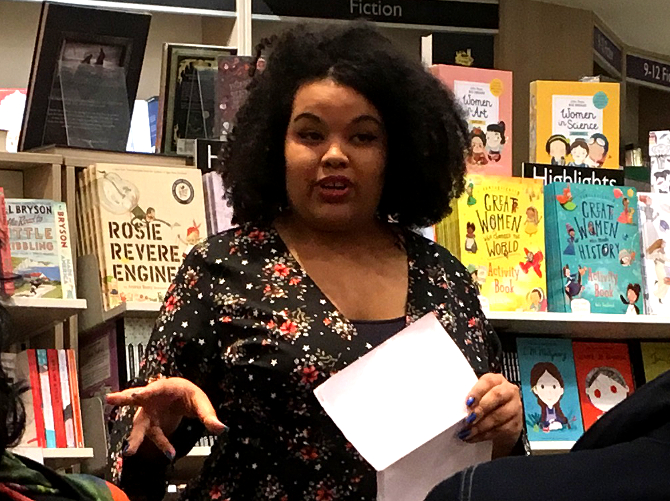
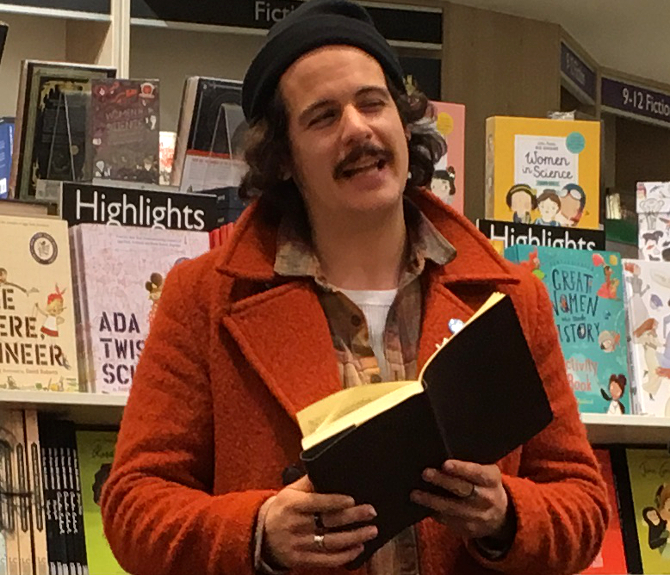
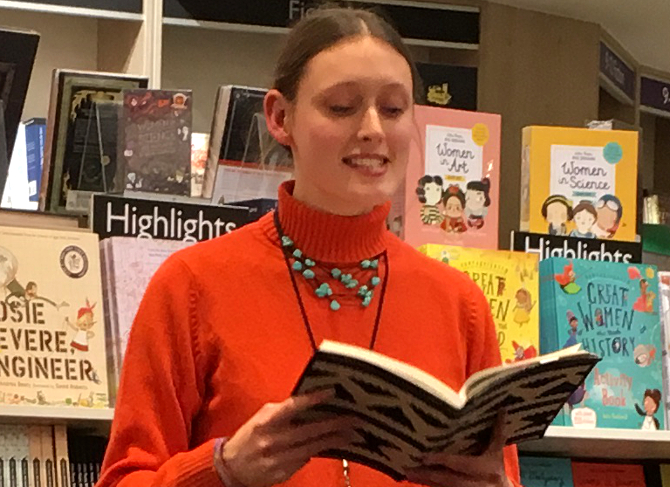
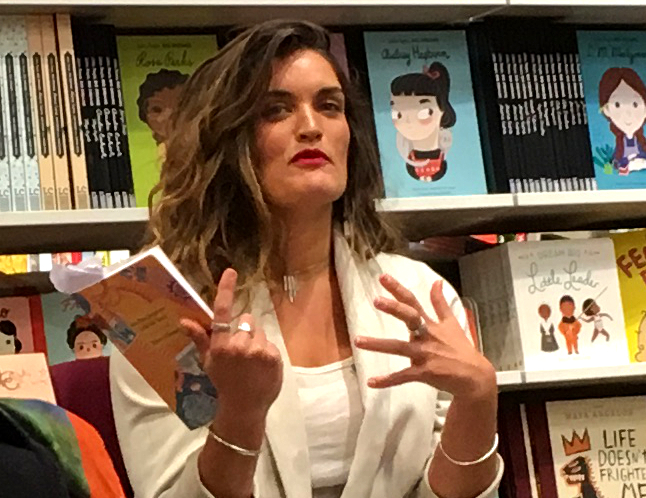
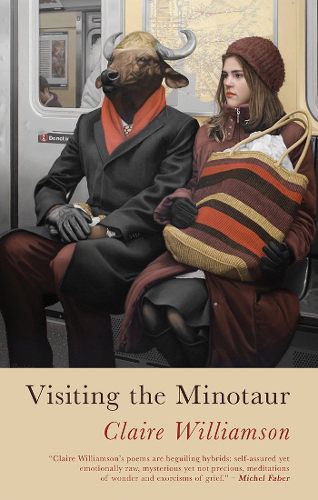 Drawing on myths to make sense of our mortality, Claire Williamson’s first collection with
Drawing on myths to make sense of our mortality, Claire Williamson’s first collection with